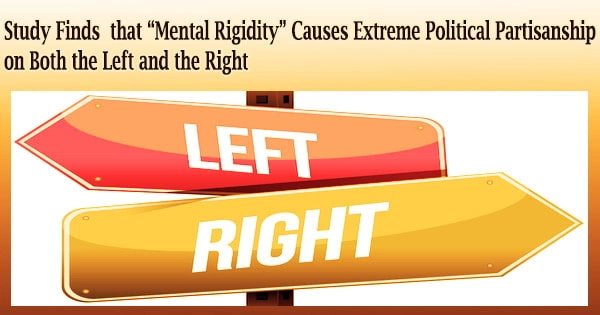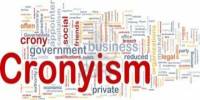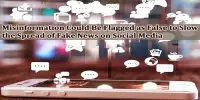According to a recent study, those who identify more strongly with a political tribe or ideology share a psychological characteristic known as low levels of cognitive flexibility.
According to studies, this “mental rigidity” makes it more difficult for people to adjust to new situations or modify their ways of thinking. Importantly, mental rigidity was discovered in those who held the most ardent opinions and allegiances on both sides of the political spectrum.
The largest and first study in more than 20 years to employ objective psychological testing to examine if people who are more politically “extreme” have a particular “kind of mind” involved more than 700 US residents.
The results imply that regardless of ideology, the fundamental mental processes that control our capacity to move between concepts and tasks are related to the degree to which we identify with political doctrines.
“Relative to political moderates, participants who indicated extreme attachment to either the Democratic or Republican Party exhibited mental rigidity on multiple objective neuropsychological tests,” said Dr. Leor Zmigrod, a Cambridge Gates Scholar and lead author of the study, now published in the Journal of Experimental Psychology.
“While political animosity often appears to be driven by emotion, we find that the way people unconsciously process neutral stimuli seems to play an important role in how they process ideological arguments.”
“Those with lower cognitive flexibility see the world in more black-and-white terms and struggle with new and different perspectives. The more inflexible mind may be especially susceptible to the clarity, certainty, and safety frequently offered by a strong loyalty to collective ideologies,” she said.
The study is the most recent in a line of investigations into the relationship between ideology and cognitive flexibility by Zmigrod and her Cambridge colleagues, Dr. Jason Rentfrow and Professor Trevor Robbins.
Relative to political moderates, participants who indicated extreme attachment to either the Democratic or Republican Party exhibited mental rigidity on multiple objective neuropsychological tests. While political animosity often appears to be driven by emotion, we find that the way people unconsciously process neutral stimuli seems to play an important role in how they process ideological arguments.
Dr. Leor Zmigrod
Their earlier research from the past 18 months has revealed a connection between mental rigidity and more extreme views on religion, nationalism, and the willingness to support violence and give one’s life for an ideological cause.
The Cambridge researchers used the Amazon Mechanical Turk site to find 743 men and women across the political spectrum with a range of ages and educational backgrounds for the most recent study.
Three psychological tests were completed online by participants: a word association game, a card-sorting test in which colors, shapes, and numbers are matched in accordance with changing rules, and an activity in which they are given a two-minute window to come up with uses for common objects.
“These are established and standardized cognitive tests which quantify how well individuals adapt to changing environments and how flexibly their minds process words and concepts,” said Zmigrod.
Additionally, the participants were asked to rate their opinions on a range of difficult social and economic topics, such as welfare, marriage, and abortion, as well as the degree of “overlap” between their individual identities and the US Republican and Democrat parties.
According to research by Zmigrod and colleagues, “partisan extremism,” or the degree to which individuals were loyal to their preferred political party, was a reliable indicator of rigidity in each of the three cognitive tasks. Additionally, they discovered that Independents, as opposed to Democrats and Republicans, showed more cognitive flexibility.
Researchers contend that the unique contribution of cognitive inflexibility is supported by the lack of relationship between other cognitive characteristics, such as creativity or thought fluency, and increased political partisanship.
“In the context of today’s highly divided politics, it is important we work to understand the psychological underpinnings of dogmatism and strict ideological adherence,” said Zmigrod.
“The aim of this research is not to draw false equivalences between different, and sometimes opposing, ideologies. We want to highlight the common psychological factors that shape how people come to hold extreme views and identities,” said Zmigrod.
“Past studies have shown that it is possible to cultivate cognitive flexibility through training and education. Our findings raise the question of whether heightening our cognitive flexibility might help build more tolerant societies, and even develop antidotes to radicalization.”
“While the conservatism and liberalism of our beliefs may at times divide us, our capacity to think about the world flexibly and adaptively can unite us,” she added.
















